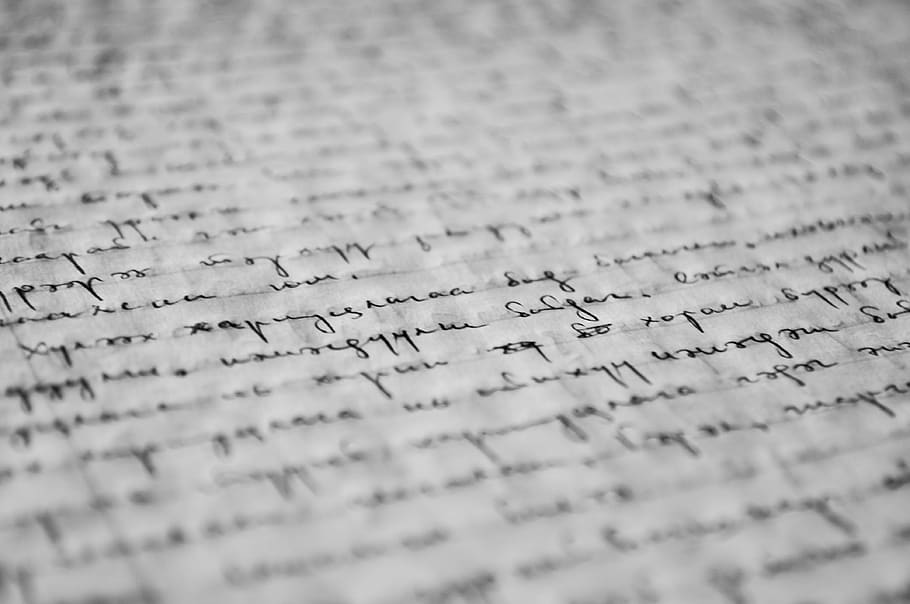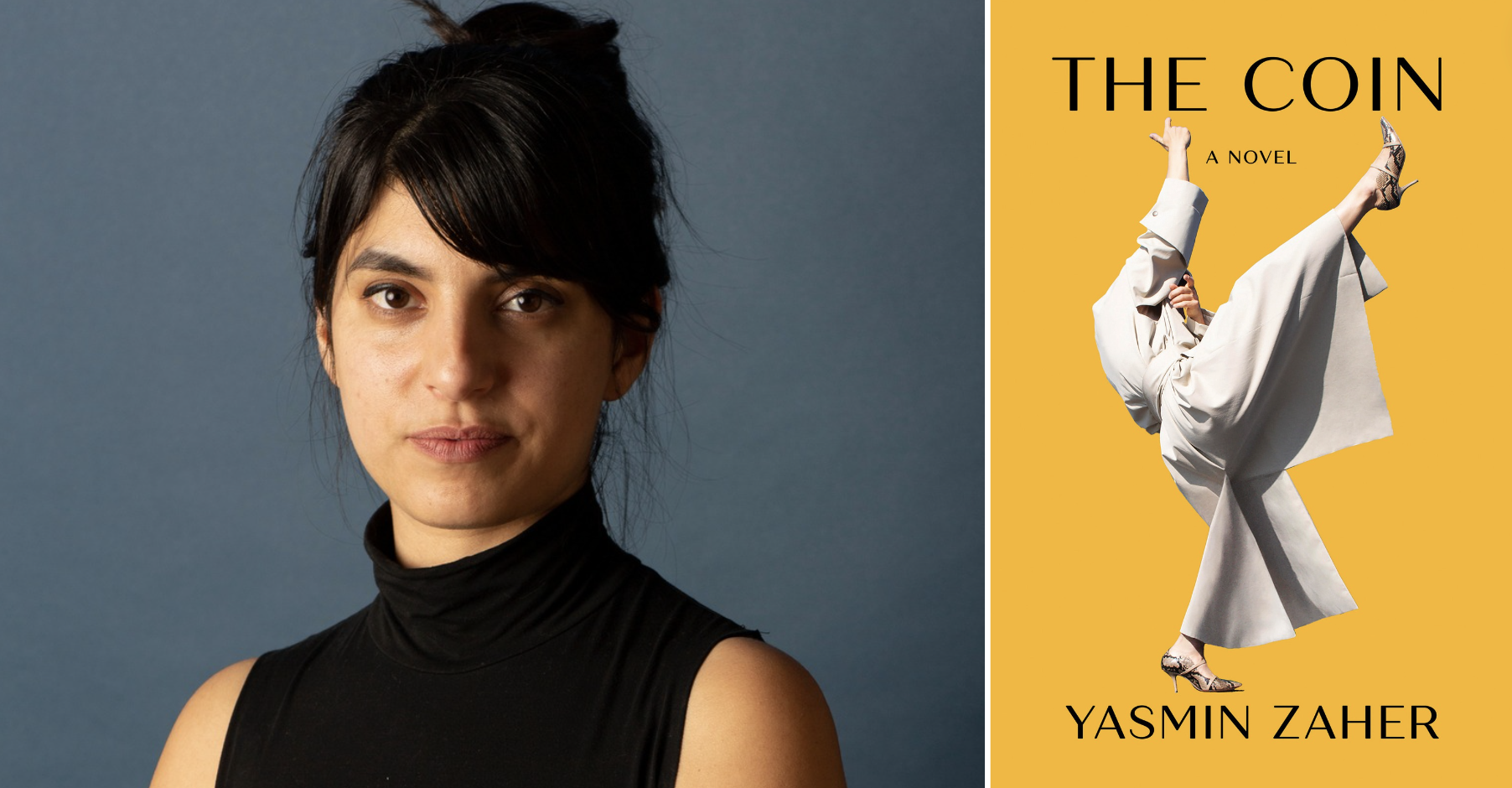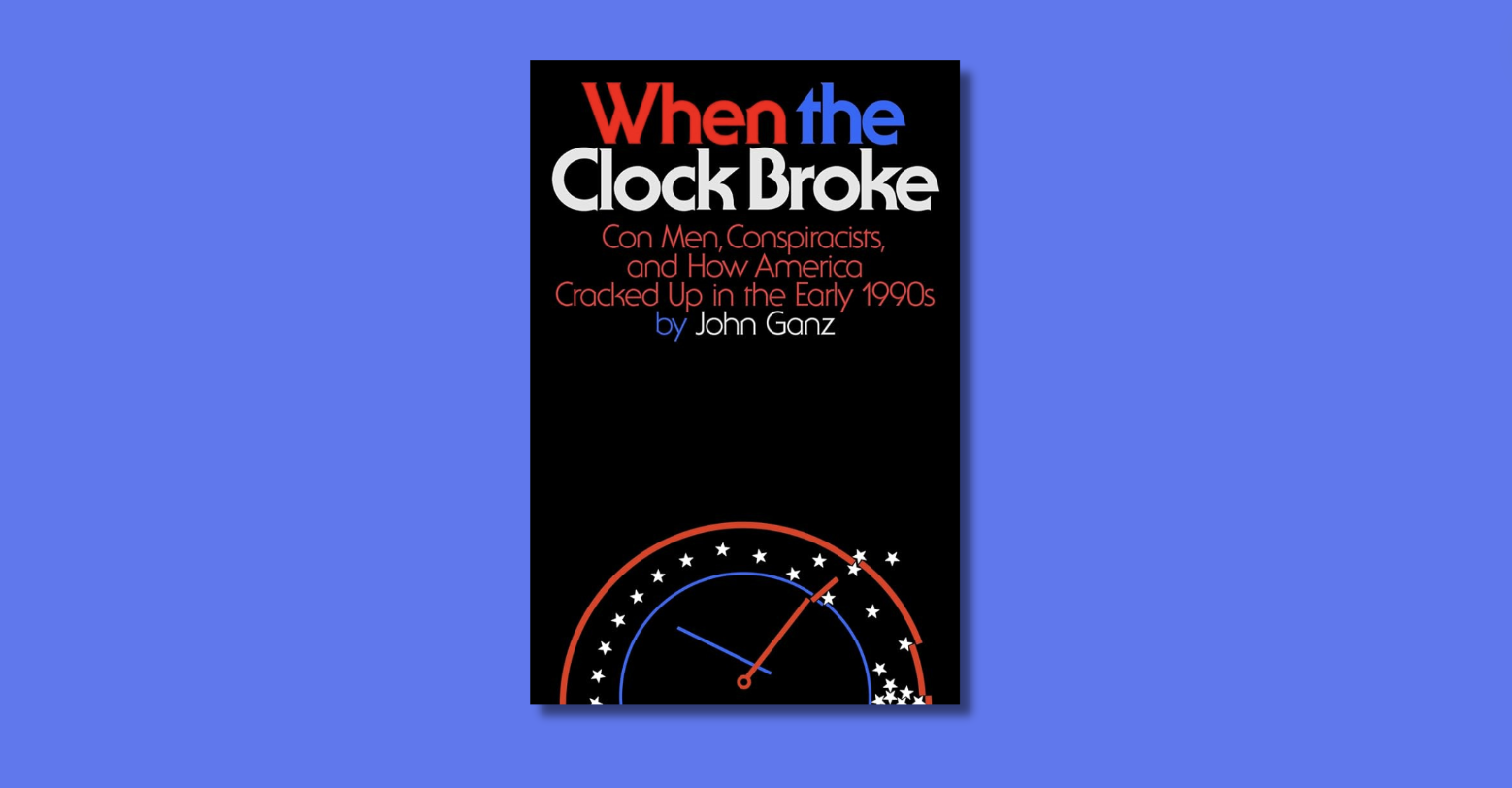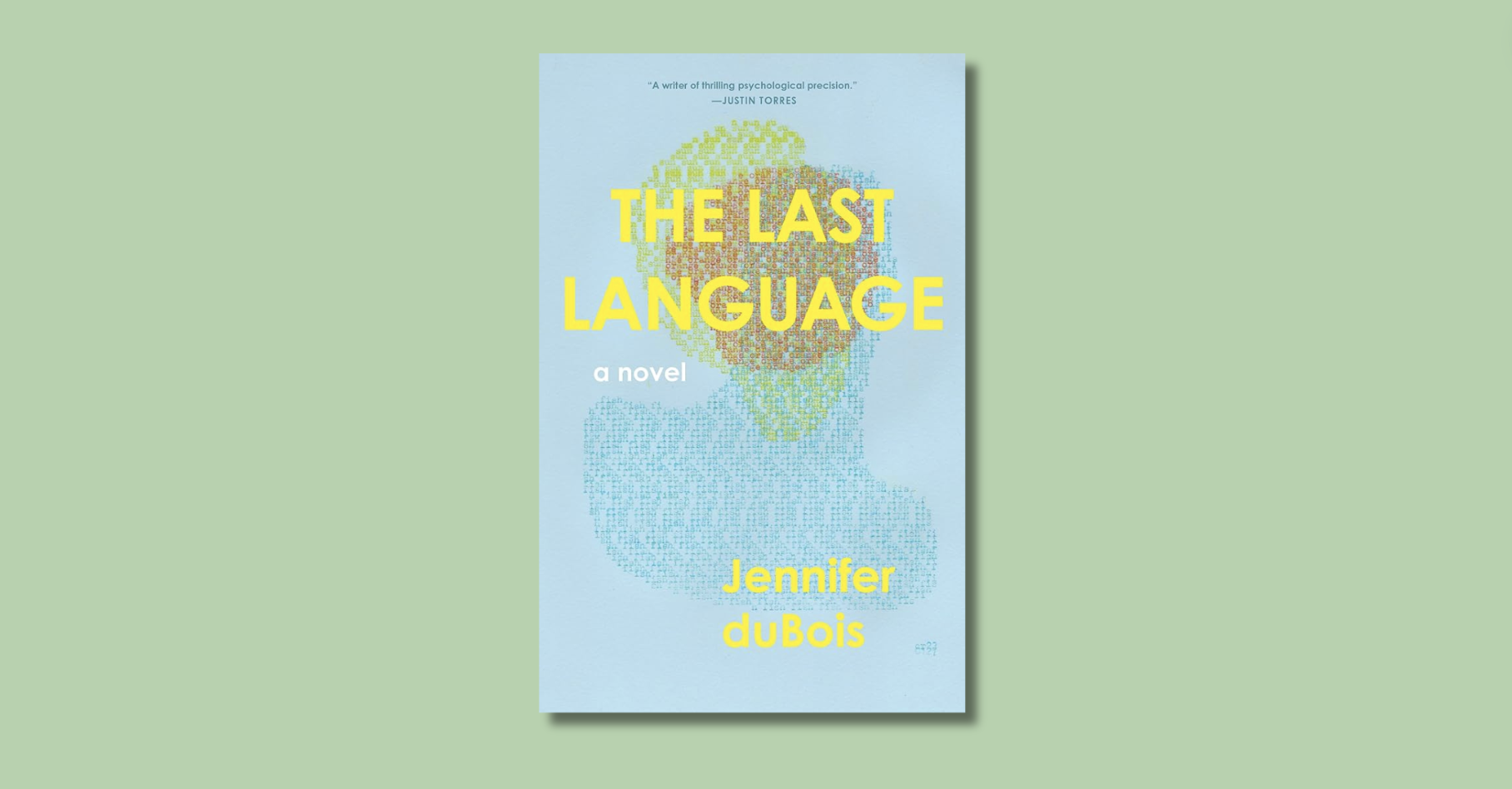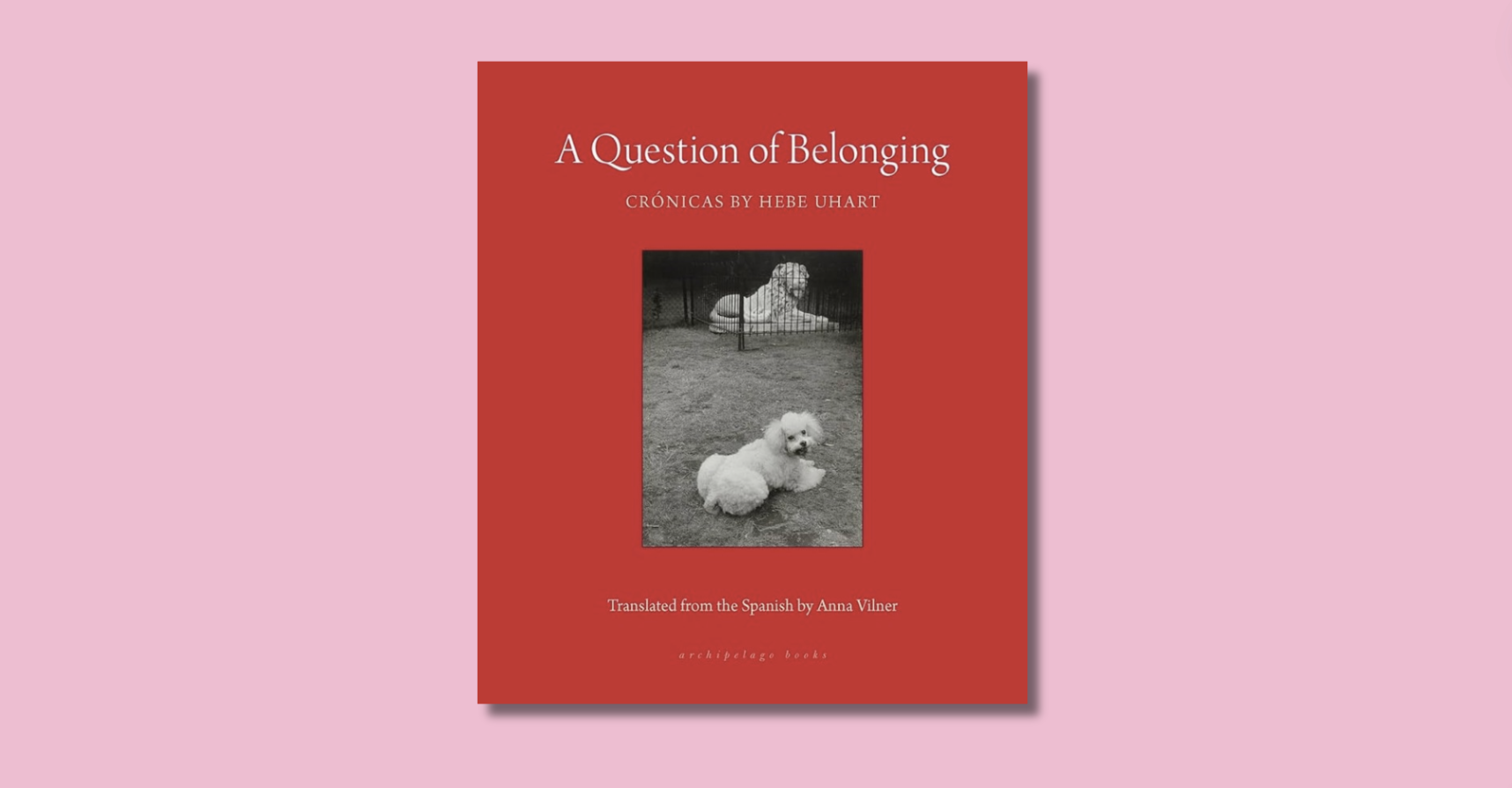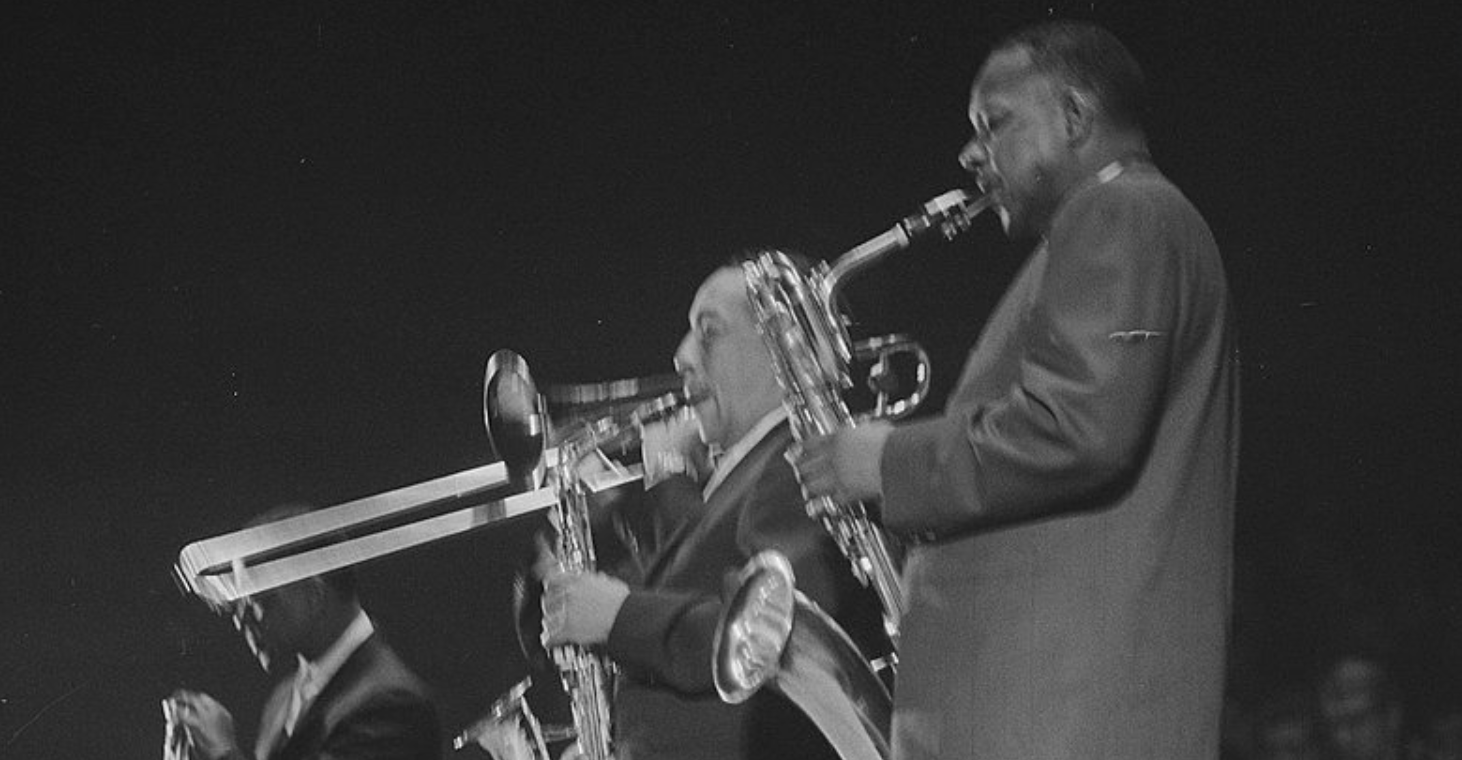This essay is the first piece of writing I’ve done by hand, start to finish, since 5th grade, 1992. I drafted it using a Uniball Signo pen and black notebook while sitting at my desk. I edited it in the same way. When it came time to enter the essay into the computer so that it could appear on this website, I typed it in almost exactly as I’d put it down on paper.
I had several reasons for wanting to write by hand. The first is that I don’t have positive associations with writing on the computer. In fact, just thinking about a blank Word document makes me sweat. At the same time, switching from the computer to my notebook might do little more than prove the adage my dad likes to quote: Wherever you go, there you are.
But I think there are legitimate reasons to believe that writing by hand might be a better kind of process. I compose bits of essays in my head during a great percentage of my idle brain time — when I’m running or brushing my teeth or trying to fall asleep. I’ve noticed that the writing I compose in my head usually feels more fluid and articulate than what comes out when I sit down at my computer and try to translate those thoughts into typed words.
Now, there’s reason to be skeptical of the quality of the “writing” I do while lying with my head on a pillow and the lights out. We’ve all had the experience of having brilliant insights when we’re half-awake, only to emerge into the light of day and realize that our midnight ideas seemed brilliant only because the side of our brains that knows the difference between crappy writing and not-quite-as-crappy writing was turned off.
This is the first piece I’ve written start to finish by hand, but I’ve done a lot of drafting by hand over the past year. In that time I’ve noticed that both the experience of writing and the end product are different depending on whether I use a computer or a pen.
When I write by hand the correlation between the thoughts in my head and what ends up on the page is a lot closer to 1:1. This is good in one sense: When I write by hand the process doesn’t prevent me from putting into words what I already know. It might be bad in another sense: My ideas as they come straight out of my head aren’t necessarily my best ideas; it’s possible that all the reconfiguring I do on the computer produces more sophisticated thoughts and better forms of expression. I don’t know.
Writing by hand also alters the relationship between forming a thought and recording it in words. When I write by hand I almost always form a complete sentence in my head before I write it down. When I write on the computer I tend to start typing at the onset of an idea or a sentence that I then figure out how to complete during the process of recording it.
Put another way, my process for writing sentences by hand looks like this:
THINK THINK THINK THINK WRITE WRITE WRITE WRITE
Whereas my process for writing sentences on the computer looks like this:
THINK WRITE THINK DELETE THINK WRITE THINK DELETE THINK WRITE
I find my thoughts come out cleaner by the former process. Whether they come out better is a different and still unsettled question.
The different process leads to a different product. When I write by hand I use simpler words. In the last year I’ve typed essays that have included the words “garrulous,” “neophyte,” and “bivouacked.” When I’m walking and thinking I never use those words. Instead of “garrulous” I think “talkative” or “annoying sonofabitch.” Instead of “neophyte” I think “inexperienced.” My word choice tends to be simpler; my sentences also tend to be shorter. Because I hold a complete thought in my head before I write it down, my complete thoughts are briefer.
At the same time, writing by hand produces some flourishes that writing on the computer does not. When I write by hand I’m more intent on following the thought-track in my head. The whole process is slower, which allows me to notice detours in my thinking. That bit in the last paragraph about “garrulous” and “neophyte” is an example of one such detour. I’m almost positive that it never would have occurred to me to write that if I’d been working on the computer. Or if it had occurred to me, it’s a fair bet I would have ended up deleting it on the grounds that the detour was more interesting to me than to anyone else. You can be the judge of that.
I haven’t come up with a way to fit this thought into the rest of the piece but I wanted to include it anyway. This desire is an example of how writing by hand can be more self-indulgent than writing on the computer. Anyway, here’s the thought: Writing by hand takes more of your brain’s RAM than writing on the computer does.
I find writing by hand to be a lower pulse-rate activity than writing on the computer. Writing on the computer feels like going to war with myself. Consider, for example, that in the process of writing this essay I’ve crossed out exactly 47 words (and half of those were in one ill-considered sentence back in the sixth paragraph). If I’d been writing this on the computer the carnage would have been 10-times as severe.
Of course, easier processes almost always produce inferior results. Thus there’s considerable reason to be skeptical of writing by hand, at least if its only bona fide is that it’s less likely to give me a heart attack.
Overall I think there’s greater variance in the quality of the writing I produce by hand. The good stuff I write is cleaner, more honest, less stylized, more well-considered. The bad stuff is more obvious, more ponderous, more self-involved, maybe weirder. In fact, this is definitely one of the weirdest pieces I’ve ever written. Writing on the computer drives my writing towards some average value — I think/write/delete/think/write until I have something that’s decent but maybe less vibrant than the ideas as they were conceived in my head.
Writing by hand is higher risk, higher reward. More than writing on the computer, it’s a skill in its own right that can be improved upon, which I intend to try and do.
Image Credit: Piqsels.
